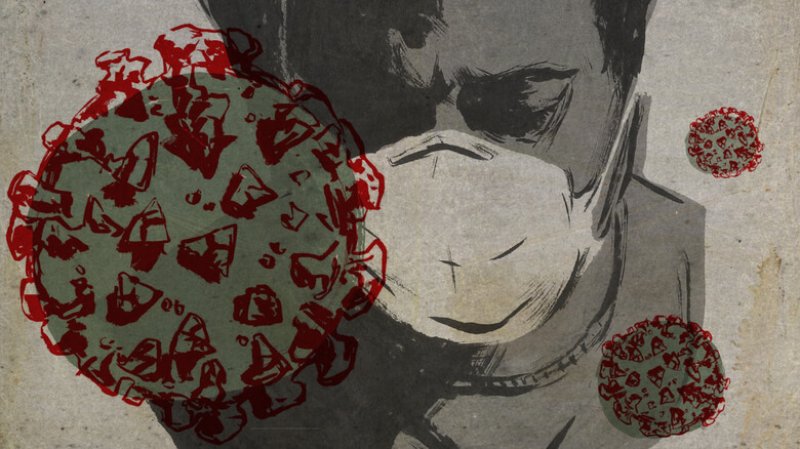I created a faux Twitter account and set about building my own information bubble. My objective: Inhabit the world of far-right figures and conspiracy fanatics, survey the landscape and see where it leads me. I wanted to not just look into, but live in, the information universe seemingly giving comfort to people who want to believe [the coronavirus response] is just an overreaction.
…
Scholars say that people who feel a lack of control in their lives sometimes turn to conspiracies to help make sense of random, unfathomable events. “When disasters and tragedies take place, conspiracy theories may be more appealing—or less terrifying—than the reality of what has taken place,” Dartmouth political scientist Brendan Nyhan explained in an email.
…
If you want to hear that the virus is no big deal, maybe even fake, you don’t have to build your own bubble. Here’s your shortcut: At the moderate end, among the media-skeptic pro-Trump crowd, the virus is real and it’s scary, but so are liberal overreach, open borders, government spending, breathless public-health fearmongering and criticism of Trump. At the extreme end, let’s call it Full QAnon, the outbreak is engineered by Chinese scientists, Big Pharma or criminal celebrities, and may or may not be real.































